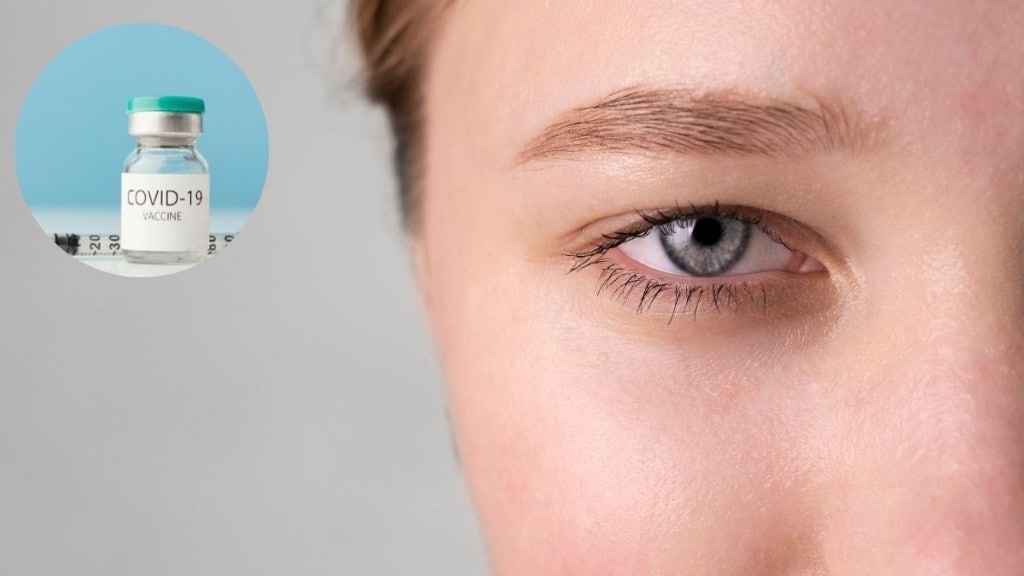A recent study from Turkey has raised concerns about potential, though subtle, side effects of the Pfizer-BioNTech COVID-19 vaccine, this time, on eye health. According to the research published in the journal Ophthalmic Epidemiology, the vaccine may lead to minor structural changes in the cornea, the transparent front part of the eye, even though no immediate vision problems were reported.
Changes in their corneal health
Researchers studied the eyes of 64 people before and after they received both doses of the Pfizer vaccine. They found that while participants didn’t experience any noticeable vision loss, there were some measurable changes in their corneal health. These included a slight thickening of the cornea, a decrease in the number of endothelial cells (which help keep the cornea clear), and changes in cell structure.
The study found that corneal thickness increased by about 2 per cent, from an average of 528 micrometres to 542 micrometres. More significantly, there was an 8 per cent drop in the endothelial cell count, from 2,597 to 2,378 cells per square millimetre. Endothelial cells are critical because they regulate fluid and maintain corneal clarity. Any long-term reduction in these cells can potentially lead to swelling, blurry vision, or complications in individuals with existing eye conditions.
Pfizer COVID-19 vaccine side effects
While the research did not find any cases of vision loss, the scientists said these subtle changes may be signs of stress or inflammation caused by the vaccine. They noted that these effects are likely temporary, but they urged regular monitoring in individuals with already low endothelial cell counts or those who have undergone corneal transplants.
The findings were gathered using advanced eye imaging technologies, including Sirius corneal topography and Tomey EM-4000 specular microscopy. The researchers clarified that the results do not suggest halting vaccine use, especially considering the benefits of COVID-19 vaccination outweigh the risks. Instead, they emphasised the need for further monitoring and research.
The study also fits into a broader conversation about rare side effects of mRNA vaccines like Pfizer and Moderna. While these vaccines have been largely safe and effective, they have been linked to rare cases of myocarditis (inflammation of the heart muscle) and pericarditis (inflammation of the lining around the heart), particularly in younger men.
In this case, the researchers observed that endothelial cells, normally shaped like hexagons, showed subtle structural stress after the vaccination. Although the two per cent decrease in cell count was not considered dangerous on its own, it might signal a reaction to prolonged low-grade stress over weeks or months.
Also, the scientists stated that their findings were unlikely to be random and pointed to a strong possibility that the vaccine itself caused the changes. They plan to follow up with the study participants to see if these early changes continue or resolve naturally over time.








